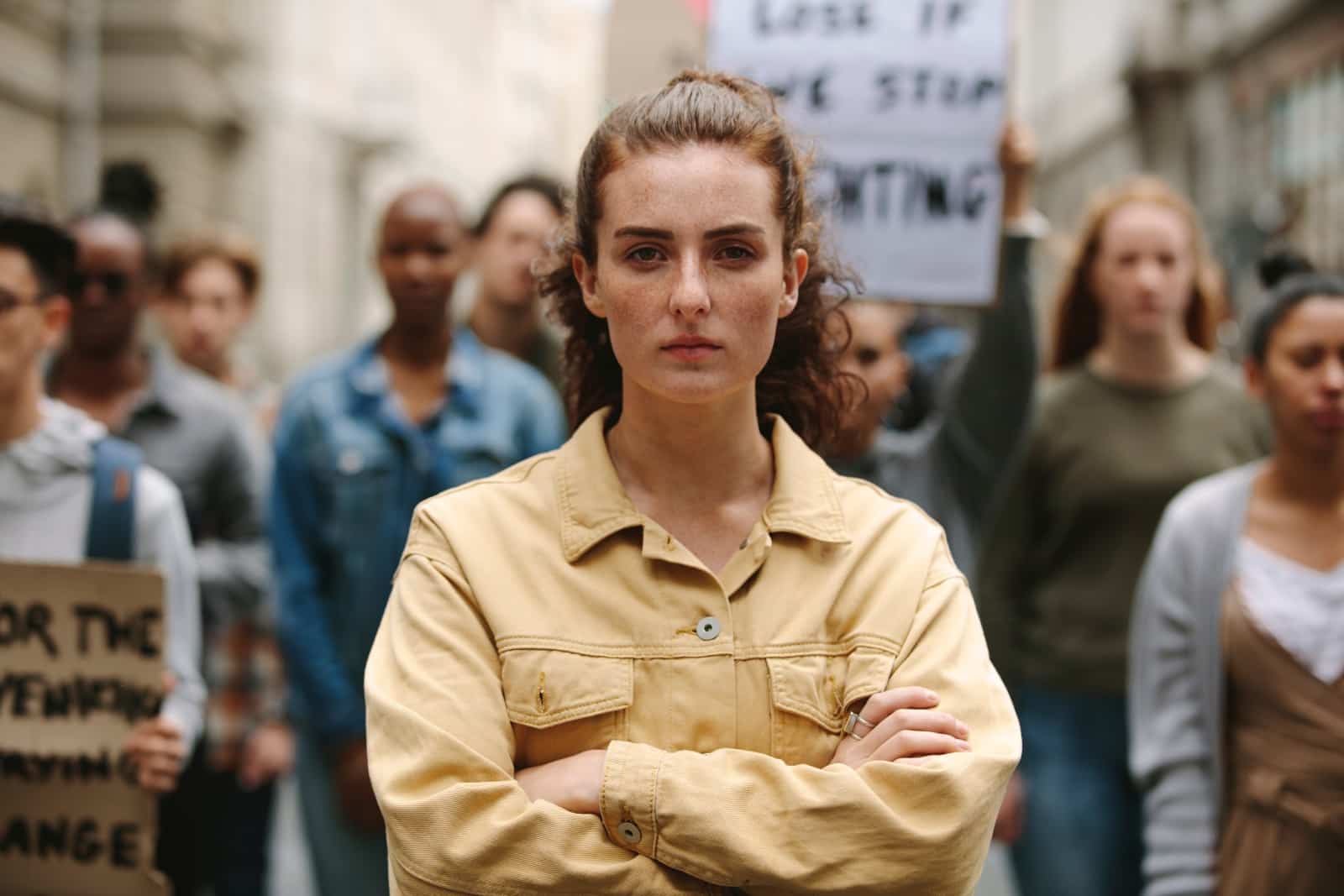Ever wondered if the history you learned in school was the whole story? Unfortunately, some historical narratives have been oversimplified or skewed, leaving out key details and perspectives. Here are 12 instances where history was misrepresented in American classrooms.
The Myth of Columbus

It turns out that the story of Christopher Columbus “discovering” America isn’t as straightforward as it’s often taught. The narrative usually omits the harsh treatment of indigenous populations and glosses over the fact that people were already living in the Americas long before Columbus arrived.
The Civil War’s True Cause

In many schools, the Civil War is taught with an emphasis on states’ rights as a primary cause, often downplaying the role of slavery. However, historical documents like the Confederate States’ declarations of secession make it clear that the preservation of slavery was a central issue.
The “Happy Pilgrims and Indians” Story

The story of the first Thanksgiving often portrays a harmonious feast between Pilgrims and Native Americans, ignoring the complex and often violent history that followed, including the displacement and decimation of Native American populations.
The Reality of Slavery

School curricula sometimes sanitize the brutal realities of slavery, focusing more on the abolitionist movement and less on the systemic cruelty and long-lasting impacts on African American communities.
The Civil Rights Movement Simplified

While the Civil Rights Movement is covered in schools, the narrative often oversimplifies the struggle, focusing on a few iconic figures like Martin Luther King Jr. and Rosa Parks, while neglecting the broader grassroots activism and the ongoing struggles against systemic racism.
The Japanese-American Internment

The internment of Japanese Americans during World War II is sometimes presented as a necessary security measure without fully addressing the racial prejudice and violation of civil liberties involved.
The Vietnam War Narrative

The Vietnam War is often taught with an emphasis on the military aspects, sometimes neglecting the war’s controversial nature, the anti-war movement, and the profound impact it had on both American and Vietnamese societies.
The Heroic Cowboys vs. Native Americans

The portrayal of the American West often glorifies cowboys and settlers while casting Native Americans as obstacles to progress, ignoring the violent displacement and suffering of indigenous peoples.
The Founding Fathers and Slavery

The narrative of the Founding Fathers as champions of freedom often overlooks the fact that many of them were slaveholders and the contradictions in their advocacy for liberty while upholding slavery.
Women’s Roles in History

Women’s contributions to history are frequently underrepresented, with history books often focusing on male figures and sidelining the significant roles women played in social, political, and cultural movements.
The Reconstruction Era

The Reconstruction Era after the Civil War is sometimes portrayed as a failure due to corruption and mismanagement, without fully addressing the violent backlash from Southern white supremacists and the missed opportunities for racial equality.
The Myth of American Exceptionalism

American history is often taught with an emphasis on exceptionalism, portraying the U.S. as a beacon of democracy and freedom while downplaying or ignoring instances of imperialism, interventionism, and the darker aspects of American policies.
A Broader Perspective

So next time you think back to your history lessons, consider what might have been left out. The good news is that history is always being re-examined, and the better news is that we can all play a part in understanding it more fully by seeking out those missing perspectives. The past is complex, and by acknowledging that, we can better understand our present and future.
Featured Image Credit: Shutterstock / Dikushin Dmitry.
For transparency, this content was partly developed with AI assistance and carefully curated by an experienced editor to be informative and ensure accuracy.





